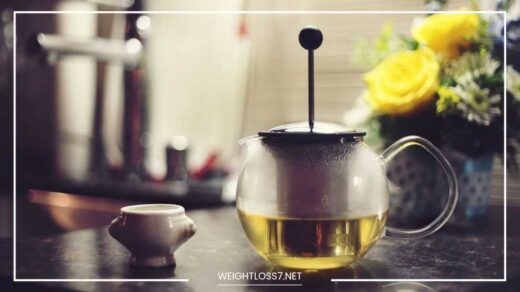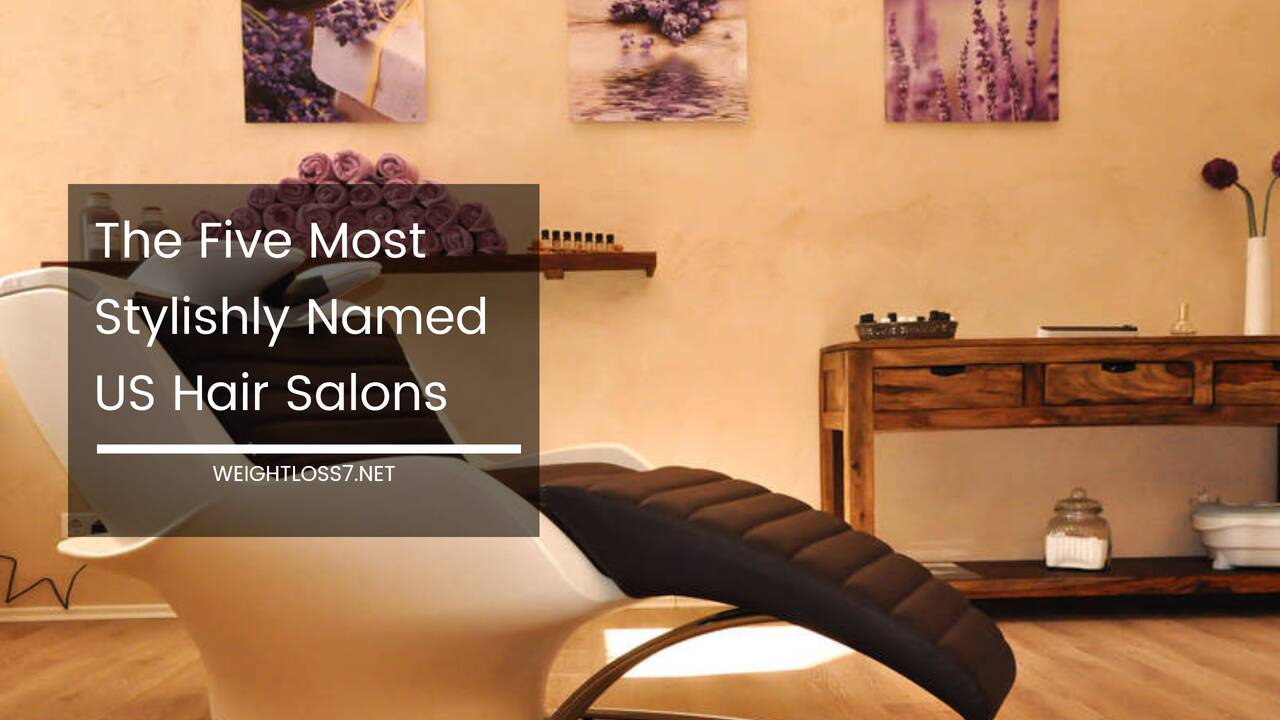How to Use Aromatherapy to Treat Common Phobias

Aromatherapy seems to be making a lot of headlines lately.
The growing new age movement has naturally brought with it the need (and desire) for natural, alternative treatments for common ailments, and aromatherapy is a perfect fit.
Much more than just an assortment of smell-good products, essential oils are actually touted to provide a variety of health benefits, from reducing stress to diminishing headaches.
The newest aromatherapy craze that is taking the holistic healing world by storm is its use in the treatment of phobias.
That’s right – aromatherapists are now claiming that this simple and non-invasive practice can actually go a long way in curing people of those unexplainable, sometimes debilitating, hang-ups.
How does it work? Here are some things you should know about using aromatherapy to treat common phobias:
How does it work? Although there is no scientific proof of the benefits of aromatherapy, proponents of the practice claim that the body’s internal healing capacity is triggered by certain essential oil scents.
For decades now, people all over the world have attested to this phenomenon.
Which essential oils should you use? Phobias are associated with stress, panic, fear, and anxiety.
Therefore, the essential oils that are used to treat phobias are those most associated with the treatment of these other common ailments.
Essential oils that are believed to be effective at treating phobias include juniper, geranium, jasmine, ylang ylang, patchouli, rosewood, bergamot, and orange.
How do you use the essential oils? The idea of aromatherapy is to infuse your body with the essential oils you are being treated with. This can be accomplished in a number of ways.
Scented candles may be used to set the atmosphere so that you can inhale the scent of the essential oils.
You may also rub essential oils into your skin; they will eventually absorb into your blood stream and reach the body organs and systems they need to act on.
Incense and potpourri are also effective ways of introducing essential oil scents into your environment.
Aromatherapy in conjunction with other treatments. Aromatherapists often recommend combining the use of essential oils with other therapeutic practices like massage and acupuncture. It is not unusual for massage therapists, acupuncture specialists, and even spa practitioners, to incorporate aromatherapy into their treatments.
Remember that, just as with any treatment for a medical condition, it is advisable that you seek out a doctor’s guidance before embarking on any aromatherapy regimen.
Although essential oils are not generally considered dangerous, they are still not approved by the FDA for the treatment of phobias or any other health condition. Use aromatherapy at your own risk, and always do your research.

















